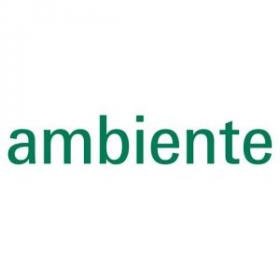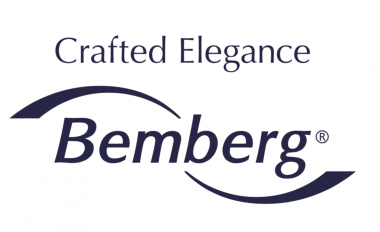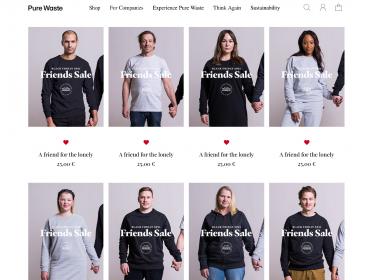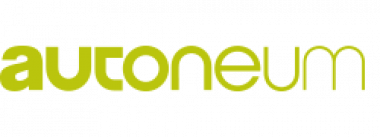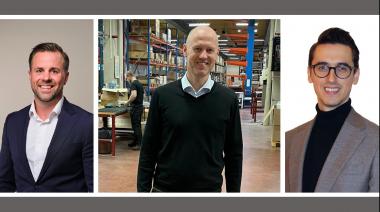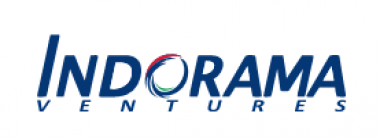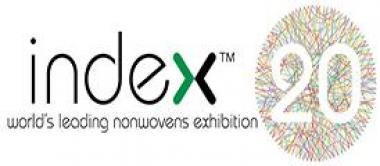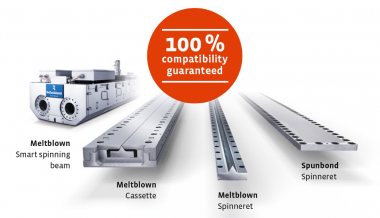Cellulose fibres strengthen networks: Industry meets in Cologne, Germany, and online
Strict protective measures will make the industry meeting possible at the International Conference on Cellulose Fibres in Cologne on February 2 and 3, 2022. The latest innovations will be shocased: from hygiene and textiles to non-wovens and carbon fibre alternatives to lightweight construction applications. Online participation is also possible.
Cellulose fibres show an increasingly expanding wide range of applications, while at the same time markets are driven by technological developments and political framework conditions, especially bans and restrictions on plastics and increasing sustainability requirements. The conference provides rich information on opportunities for cellulose fibres through policy assessment, a session on sustainability, recycling and alternative feedstocks as well as latest development in pulp, cellulose fibres and yarns. This includes application such as non-wovens, packaging and composites.
Live at the conference, host nova-Institute and sponsor GIG Karasek GmbH will grand the “Cellulose Fibre Innovation of the Year” award to one of six highly interesting products, ranging from cellulose made of orange and wood pulp to a novel technology for cellulose fibre production. The presentations, election of the winner by the conference audience and the award ceremony will take place on the first day of the conference.
The conference sessions reflect the current topics of industry and research. “Strategies and Market Trends” provides an overview of the rapid development of cellulose fibres and their technological progress across the fibre market. An analysis of the key cost components of these fibres to benchmark against current cost levels will highlight future opportunities and challenges for novel textile fibres. The session will conclude with an overview of the industry's recent strategies to defossilize the fibre market.
The session “New Opportunities for Cellulose Fibres in Replacing Plastics”, focusses on questions such as: “What impact does the ban on plastics in single-use products have on the industry?” and “What are the latest regulatory issues and policy opportunities for cellulose fibres?”. This part of the conference presents new opportunities for the replacement of fossil-based insulating materials with cellulose-based technologies suitable for use in a variety of applications, from aerospace to mobility and construction.
Institutefor Ecology and Innovation
“Sustainability and Circular Economy” highlights crucial issues with regard to the overall goal of keeping the environmental impact of cellulose fibres low. A core theme of the session is the responsible use of wood and forests. With this objective, the five speakers discuss the importance of circular concepts for cellulose feedstocks. Exciting insights into the important “Hot Button Report” are offered by Canopy. The “Hot Button” report enables the producers of cellulose fibres to better understand the impact their raw materials have on forests and the climate development worldwide.
The full conference programme is available at www.cellulose-fibres.eu/program.
International Conference on Cellulose Fibres
nova-Institut GmbH






